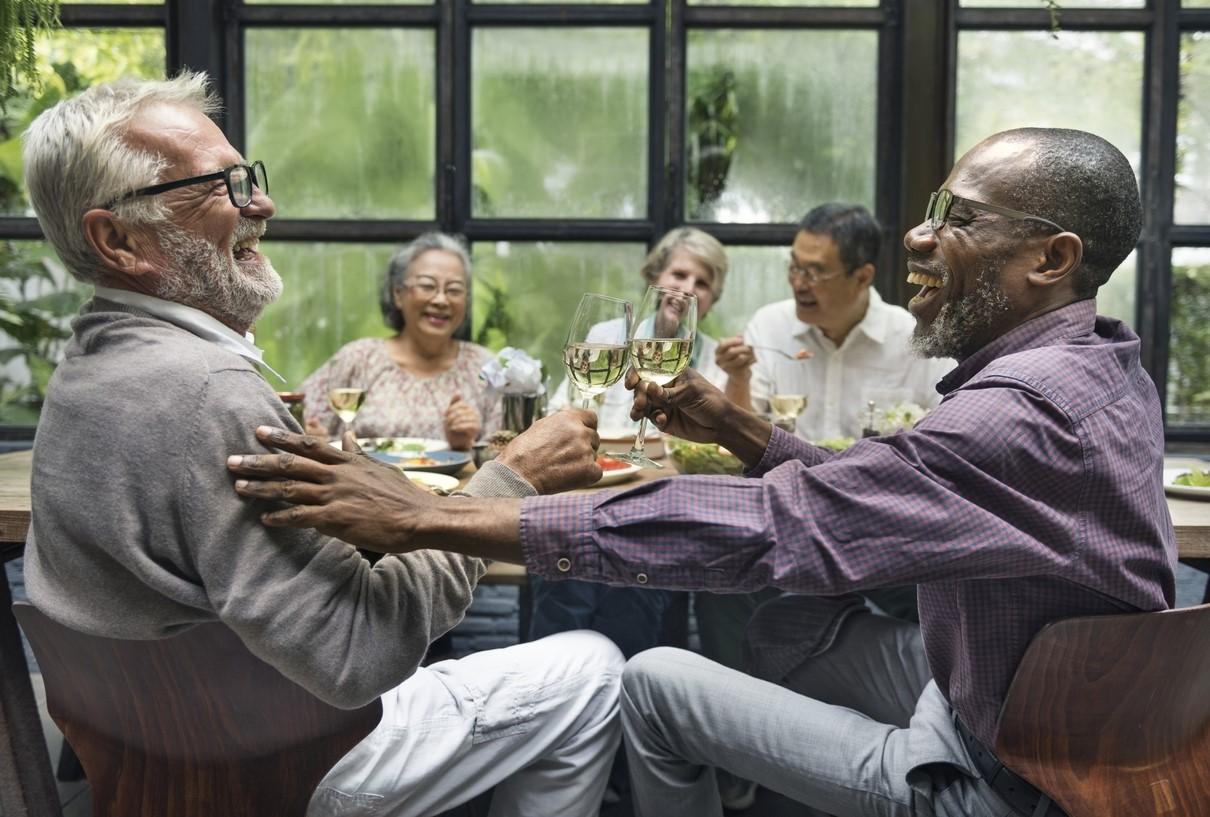A survey of 72,417 adults in 27 countries, including the United States, suggests that, despite their increased risk of severe COVID-19 outcomes, people older than 60 years are no more willing to comply with infection-prevention measures than younger people.
The results, published late last week in PLOS One, involved a 16-question Imperial College London and YouGov poll. It asked respondents if they would isolate themselves for 7 days if they felt unwell and had certain symptoms of COVID-19 or if they would do so if urged to by a healthcare or public health professional. It also asked how often they had taken infection-prevention measures such as handwashing, avoiding public transportation, and cleaning often-touched surfaces.
Although one of the first US studies reported that older Americans were most likely to perceive the novel coronavirus as a "significant crisis," a belief that increased with age, the author noted that, while baseline compliance with preventive measures was somewhat high, his study did not show a substantial effect of age on compliance.
Older people were slightly more likely to report avoiding public transportation, small gatherings, and having guests inside their house. The item with the strongest effect of age on compliance involved wearing a face mask in public, which showed decreasing compliance from age 20 to 80 years.
'Surprising and quite troubling'
The study author, Jean-Francois Daoust, PhD, of the University of Edinburgh in Scotland, called the results "surprising and quite troubling," although previous studies have shown that Canadians aged 80 and older were less likely to have gotten a pneumococcal vaccine than those aged 70 to 79 and that English people 76 and older were less likely to report staying out of the sun from 10 a.m. to 3 p.m. to prevent heat stroke than those aged 26 to 60.
Daoust noted that many older peoples' refusal to comply with public health measures to protect themselves and others is clearly not due to a ceiling effect, as there was room for improvement in every response category. "There may be short-term or more deeply rooted predispositions among older people, that can partly explain this non-effect, but either way, governments must revisit their approach in order to minimize the number of deaths caused by COVID-19," he wrote.
He said that his research, the first known thorough description of older people's attitudes toward and compliance with measures to prevent coronavirus infection, suggests "that governments' strategies toward elderly people are far from successful" and that "methodologically, we should be more cautious in treating age as having a linear effect on COVID-19–related outcomes."
While other researchers have pointed out that people 50 years and older typically have half the number of close contacts as people 18 to 29 years old, Daoust pointed out that people aged 60 and older are most affected by COVID-19. "Hence, we should not see a positive effect of age until 50, but rather until 70, and ideally more," he said.
Average respondent age was 45 years (range, 18 to 90), and 51% of those surveyed were women. Only 544 respondents were aged 80 to 90 years.




















